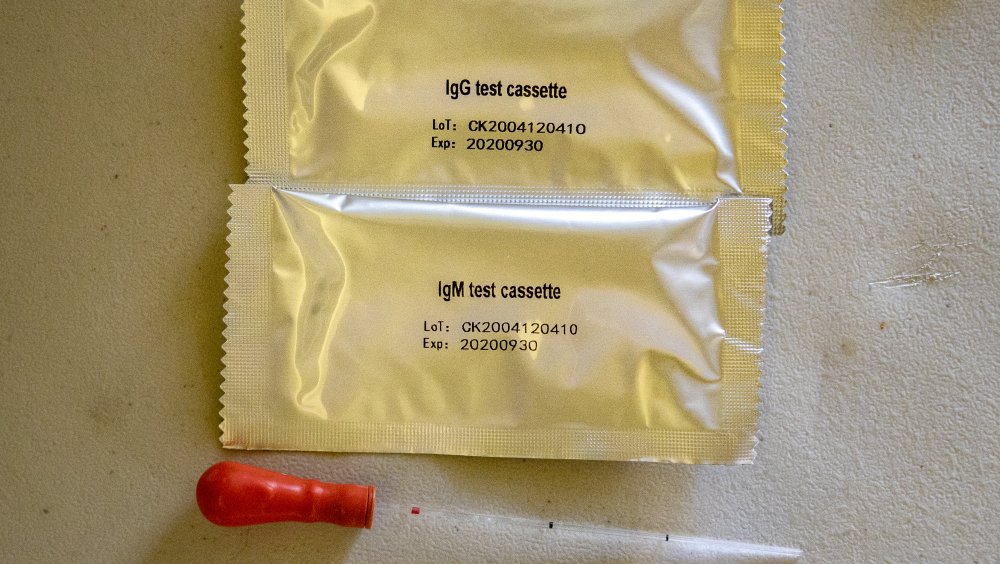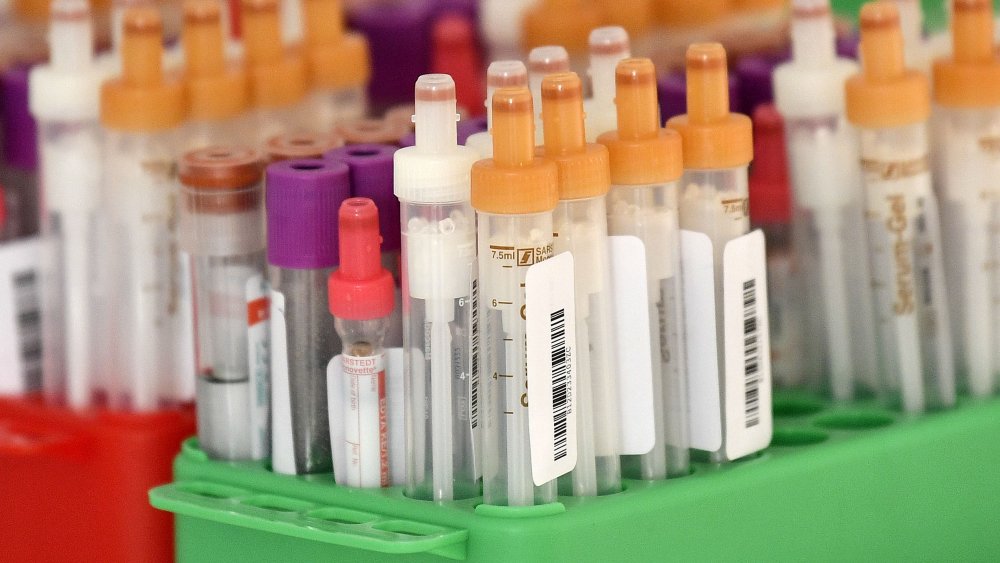The Truth About Coronavirus Antibody Tests
Many people who think they may have had COVID-19 but did not get a coronavirus test have been turning to coronavirus antibody tests. These tests — also called serologic tests — are used to determine if a person has been infected with COVID-19 in the past by looking for evidence of immune response to the virus. According to guidelines from the US Centers for Disease Control and Prevention (CDC), in some people antibodies "can be detected within the first week of illness onset."
For a time, people thought that if people got antibody tests, the measure would end lockdowns by determining whether a person was potentially immune to the virus and could safely interact with the public. While such a scenario might be plausible in the future, the antibody tests need to be more accurate before that can happen.
"I don't think these tests are ready for clinical use yet," University of California-San Francisco immunologist Dr. Alexander Marson told Time.
Current coronavirus antibody tests are not reliable
The CDC cautioned that current antibody tests could be wrong as much as 50 percent of the time, and therefore should not be used to make any major decisions such as whether people should be admitted to facilities, continue to wear protective gear, or safely return to work (via CNN).
False positives on antibody tests may cause people to think that they are safe from contracting COVID-19, but this is dangerous for more than one reason. There is a fear that people who receive a positive antibody test will act as if they are immune, but scientists still aren't sure if being infected with COVID-19 even protects people from future re-infection.
"It cannot be assumed that individuals with truly positive antibody test results are protected from future infection," warned the CDC. At this time, the antibody test does not predict a person's risk for contracting or spreading COVID-19 (remember, many sick people don't even show symptoms), so it's important for everyone — whether they have had a positive antibody test or not — to continue to follow social distancing recommendations, wear face masks, and wash their hands.

